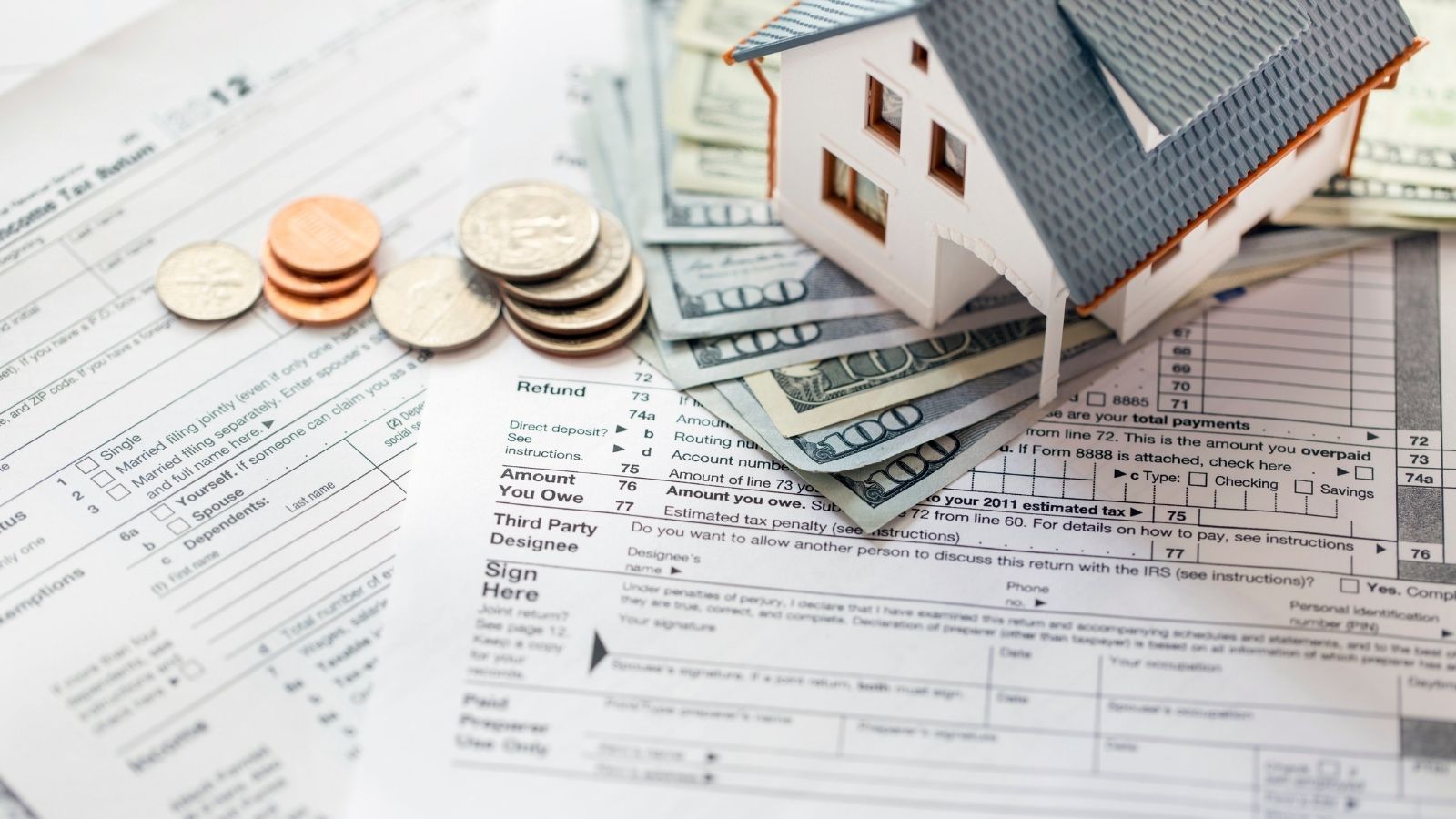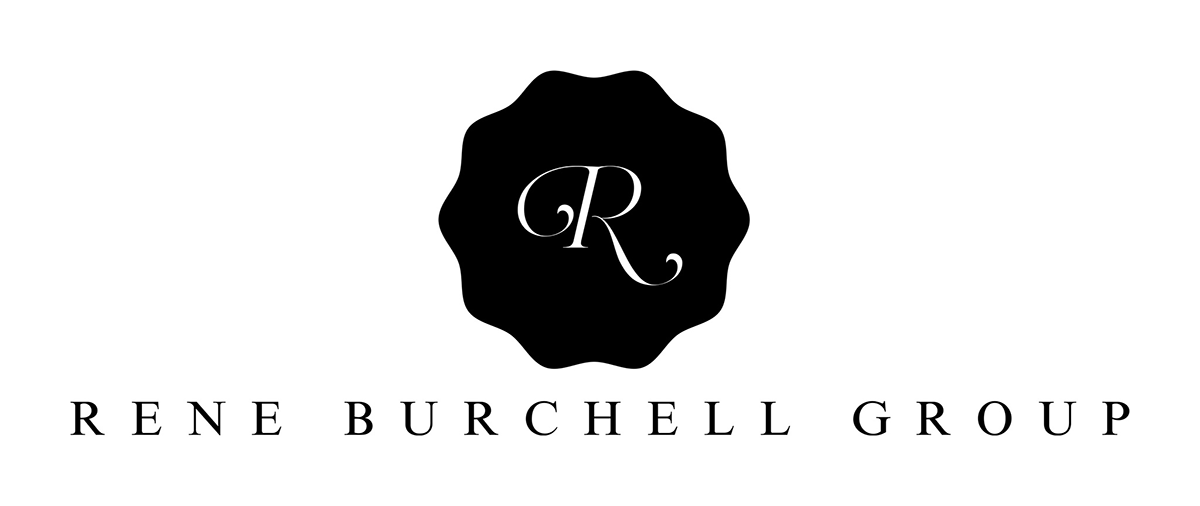Home sellers have plenty to do. They need to have their houses listed and marketed. Many sellers are preparing their homes for open house showings while they’re also researching properties and neighborhoods that they’d consider living in.
Before you put your house up for sale, you may want to spend some time evaluating current market conditions. You should have no problem in a seller’s market. You may even be able to sell your property for more than its fair market value. If you’re in a buyer’s market, you may have to put in some extra work. Things can be especially difficult if the housing market is going to crash.
Selling a home in Texas usually takes time. The entire process may not be completed for several weeks or months. There are certain steps that need to be taken, and different people will become involved along the way. You may also encounter unexpected delays or problems. Patience, determination and proper planning are essential for success
Here are a few things that can signal a housing market crash:
1. There are more houses for sale than buyers.
It’s not uncommon for there to be more supply than demand in a buyers’ market. However, having more properties on the market for extended periods of time isn’t normal. It can be a warning sign of a possible housing market crash.
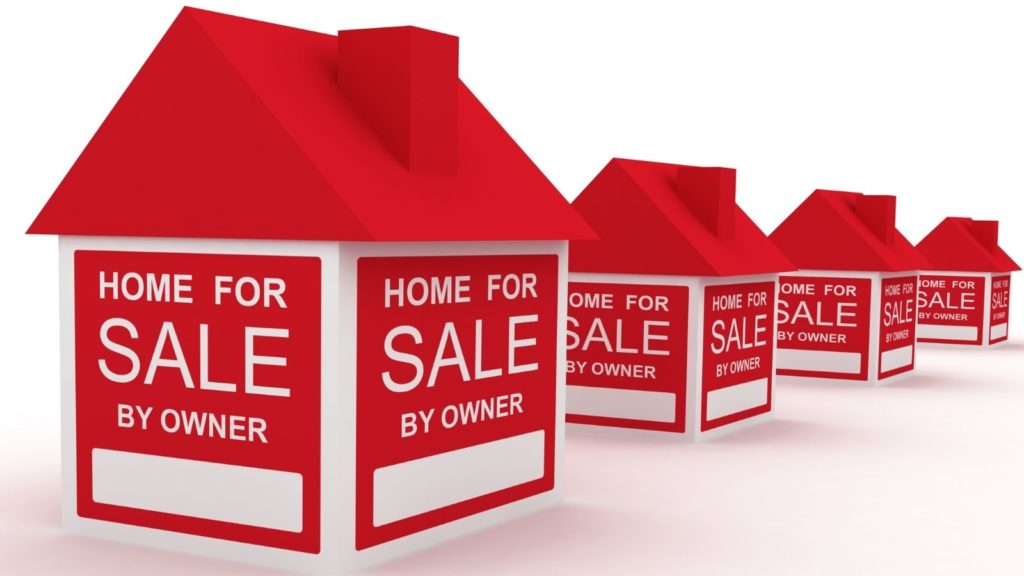
By taking a look at the number of homes that are currently on the market, you can estimate how long it would take for those properties to sell based on demand. The average time in a healthy market is usually around six months. If it would take much more than six months to sell all houses that are listed, it may mean that a market crash is imminent.
2. New home construction has declined.
In a seller’s market, people can usually make more money on the sale of their homes. There are also more houses being built. This usually happens to meet rising consumer demand.
When new home construction levels off or decreases, it could signal a crash of the housing market. There may be less demand for new homes because of the rising cost of land and materials.
Economic conditions could suggest that people have less disposable income to be able to afford a newly constructed home or to build their own house.
3. Mortgage loan balances are increasing.
Some home buyers take out mortgage loans for dollar amounts that are more than the property’s fair market value. This can happen frequently during a seller’s market. It may take people a little more time to be able to afford the house they want when prices increase.
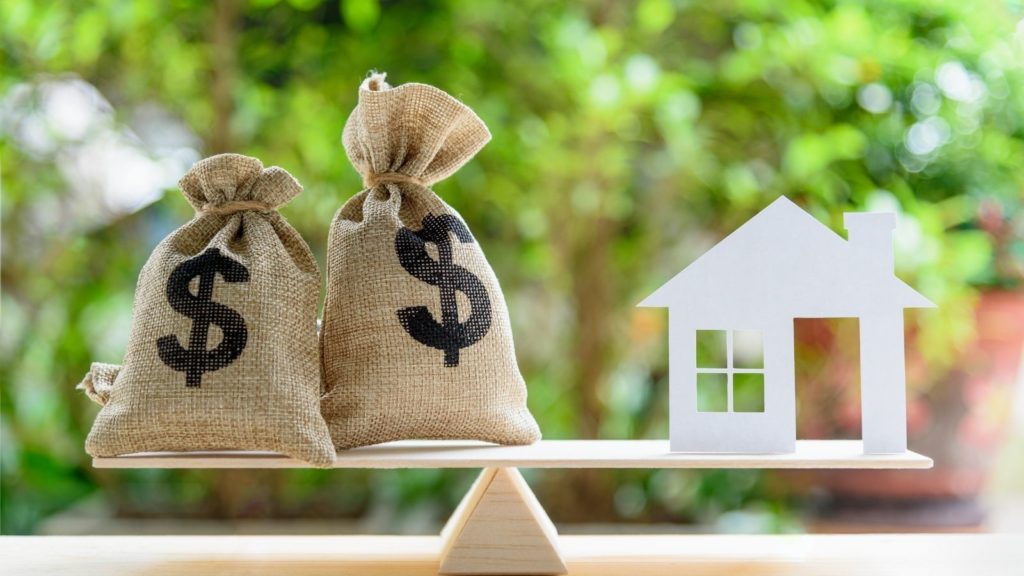
The downside to this is that some individuals and couples may be borrowing more money than they can pay. This can lead to foreclosures and short sales. It can also result in having a glut of homes in the market, which is commonly seen during a buyer’s market.
4. Mortgage interest rates are rising.
More people are able to buy houses when mortgage rates are low. Many buyers finance the transaction by making a down payment and then paying monthly mortgage payments until the loan is paid or they decide to sell the home. They are able to live in their residence for several years or decades without having to worry about moving or paying rent.
When mortgage rates increase, it may make homes less affordable. People will need to save more money to be able to buy the home that they want. It can also cause the demand for houses to decrease. If demand declines, sellers may opt to take their homes off of the market or reduce their selling price.
5. Home sale prices have reached a plateau.
A sure sign of a good economy is steadily rising home prices. Eventually, home sale prices start to level off. They may even decline, especially if there are more properties on the market than interested buyers.
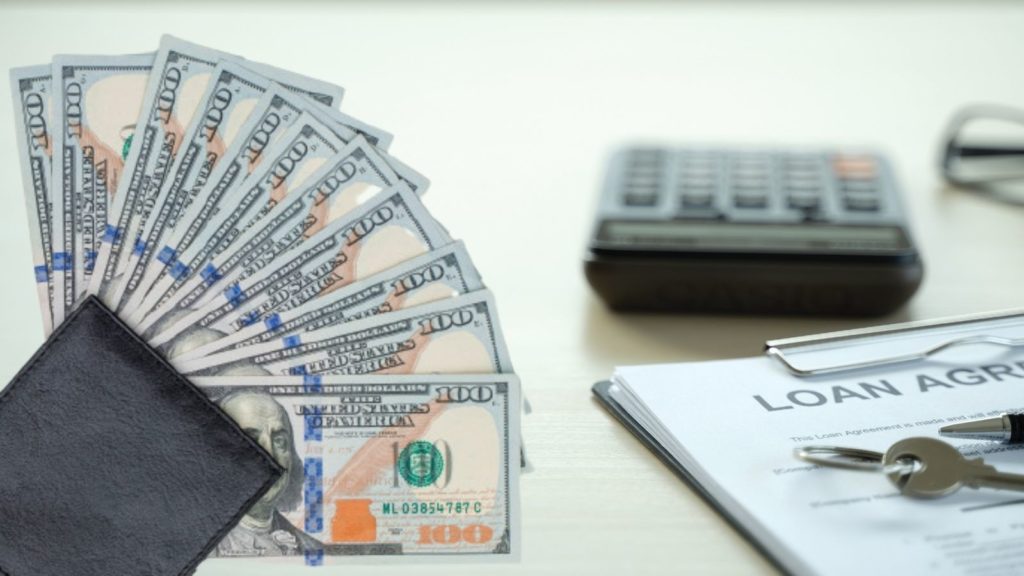
If home prices decrease for a few months of a time, that’s not necessarily a bad thing. However, if prices decline or remain steady for an extended period of time, it may mean that the housing market will crash. Paying attention to current market trends can help you figure out if house prices are more likely to increase, decrease or stay flat over the next several months.
6. Foreclosures have steadily increased.
A home is foreclosed on when the owner is unable to make their monthly mortgage payments on time. The property is then taken over by the lender. Most foreclosed homes are soon put up for sale at an auction.
Having a few foreclosures in your area from time to time isn’t cause for alarm. There are usually around 50,000 foreclosures per month on average in the United States.
If foreclosures and foreclosure filings increase steadily over a period of several months, it could imply that a housing market crash is forthcoming. It’s a good idea to pay attention to the national and local foreclosure data for your state to gain insight on upcoming trends.
7. People are less confident about the economy.
In a thriving economy, prices tend to rise because people have more disposable income and are willing to make more purchases. Stock prices go up and people generally feel confident about the country’s economic direction.
Prices for homes and other retail items decline when consumers are less confident about the current economic climate. They are hesitant to buy houses and other big-ticket items. People may prefer postponing larger purchases until they feel that the economy is more stable. This can also cause more homes to stay on the market for longer periods of time and sellers reducing their sale prices.
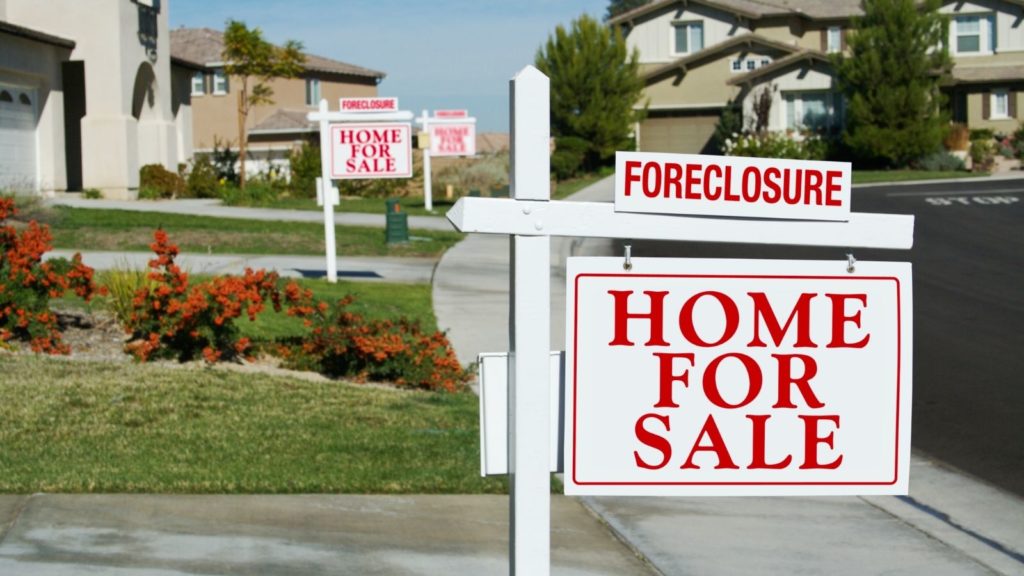
Take some time to research market conditions and market indicators before putting your house up for sale. If it seems like your house might not sell quickly or you may not be able to receive the kind of money that you were anticipating, it’s perfectly fine to lower your price or wait until conditions improve.
Whatever you decide, keep an open mind and take a realistic look at the situation. In most cases, you should still be able to sell your house in a reasonable amount of time for a fair price. You’ll be able to put that chapter behind you and look forward to the next phase of your busy life.
Have Questions? Ask Rene!
